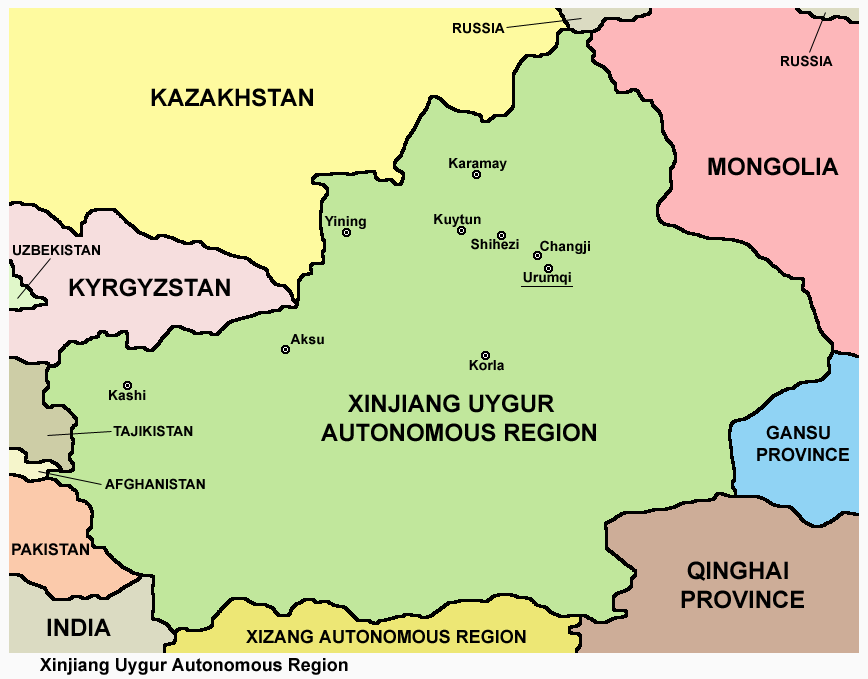Uyghur Forced Labor Prevention Law Bans Imports from Xinjiang Province
A new law will set up fresh hurdles for Americans importing from China in an effort to push back against forced labor.
The U.S. government has put China on notice with the recently approved Uyghur Forced Labor Prevention Act (UFLPA). The law effectively bans imports from the Xinjiang province. Approved nearly unanimously by the House of Representatives, the bipartisan act puts the onus on corporations to avoid importing products produced by forced labor by the region’s Muslim minority peoples.
What Materials are Included in the UFLPA?
This law has a broad scope. According to reports, UFLPA requires that Customs and Border Protection (CBP) presume that any material/good “mined, produced, or manufactured in whole or in part” within the Xinjiang region is a product of forced labor and prohibited for import into the U.S. The burden then lies with the importer to prove, according to official processes, that the goods have been produced through legal means.
How Will CBP Enforce UFLPA?
No official enforcement process is yet available. However, the law outlines a 180-day timeframe for the Forced Labor Enforcement Task Force to establish an enforcement plan. According to a report from Politico, The task force will work in tandem with the director of National Intelligence and the Department of Commerce to produce the plan.
Background: Forced Labor in Xinjiang

The Uyghur Forced Labor Prevention Act arrives amid mounting pressure over the Chinese government’s treatment of Uyghur Muslim minority peoples in the Xinjiang region. The U.S. government has officially labeled China’s actions as genocide, citing a ream of alleged human rights violations and atrocities.
Xinjiang is a hotbed of mining and manufacturing for a variety of products, from cotton to technology materials. A swathe of American companies imports billions of dollars of goods from the region each year.
Broader Implications
Sources indicate that the UFLPA could have a broader reach than strictly monitoring goods imported directly from Xinjiang. It leaves the door open for CBP to presume forced labor on goods manufactured and imported in other nations from materials cultivated in Xinjiang. A complex web of enforcement and compliance lies ahead.
Prepare for UFLPA Enforcement
Importers continue to monitor this developing situation. As news of enforcement protocols emerge, stay in touch with the experts at Scarbrough Consulting. Our compliance specialists will help you prepare for CBP’s enforcement requirements so your operation can avoid penalties and disruptions. Contact us to learn more.

